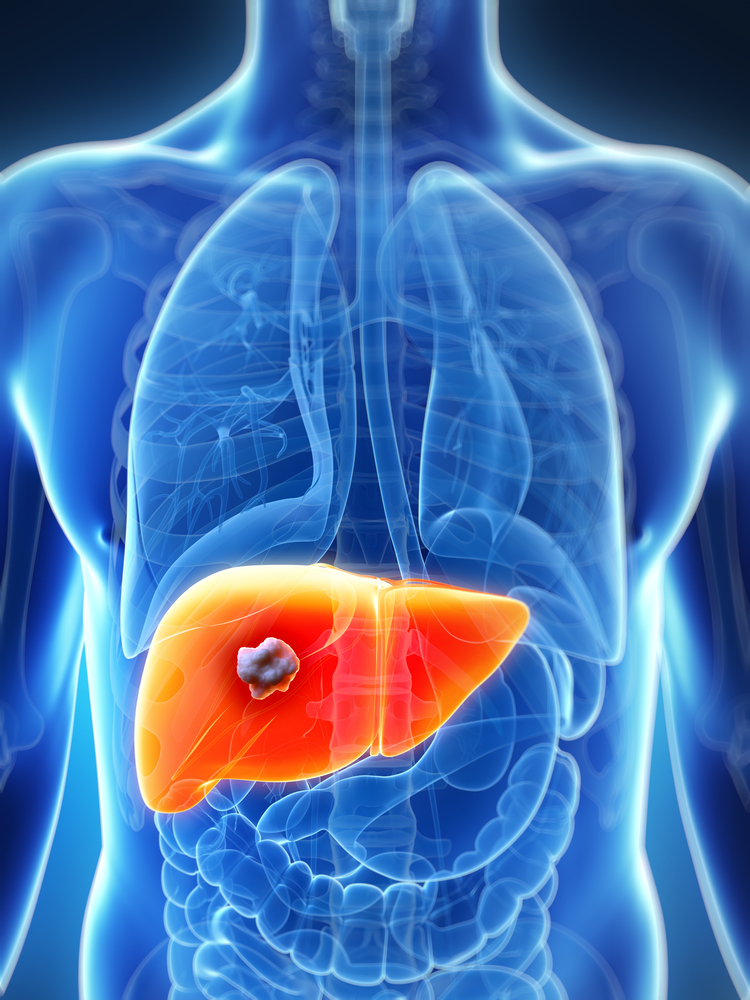Hepatitis C is one of the worst forms of liver diseases affecting people in the world today — around 3.2 million have HCV in the United States alone. Spread mostly from contact with contaminated body fluids or intravenous devices, this virus infects the body without producing many symptoms until very late in the disease process. In fact, around 70 to 80 percent of the victims do not show symptoms at all.
It has been observed in clinical settings that, despite a high quality therapeutic regimen, the virus continues to reside in the patient’s bloodstream in an inactivated state, which comes to life again in those with a compromised immune system, leading to a chronic infection. Severe cases of chronic HCV include advanced liver diseases like cirrhosis and cancer, and patients with liver transplants who suffer recurrence of the virus suffer advanced conditions of the infection as well.
A 12 week long phase III clinical trial called ALLY-1 was conducted recently in order to test oral combination therapies including doses of daclatasvir (the new drug under test, by Bristol-Myers Squibb) along with sofosbuvir and ribavirin in patients with chronic Hepatitis C viral (HCV) infection. The ALLY-1 study was conducted at five major transplant centers in San Antonio and Houston, Texas; Miami, Fla.; Ann Arbor, Mich., and Seattle, Wash. It was led by Dr. Fred Poordad, M.D., clinical professor of medicine and chief of Hepatology at The University of Texas Health Science Center at San Antonio, and presented on April 25 at The International Liver CongressTM of the European Association for the Study of the Liver (EASL) in Vienna, Austria.
The study proved to be majorly successful with its target endpoints being reached, curing 95% patients with genotype 1 HCV infection who had received a liver transplant, and 83% of patients with genotype 1 HCV infection with advanced liver cirrhosis. It was able to cure patients with all 4 genotypes (genetic variants) of the virus, which was the most significant finding from this trial.
Concluding remarks by Dr. Poordad noted, “Transplant patients take a variety of medications to prevent organ rejection that can complicate the treatment of hepatitis C. In ALLY-1, we saw no drug-to-drug interactions between transplant and hepatitis C therapies and no need to make close adjustments to patients’ transplant-related drugs while they received the hepatitis C regimen.”

